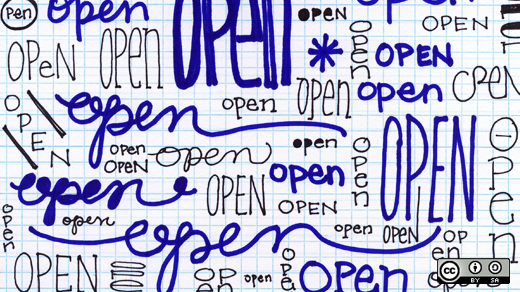Every generation since the beginning of human existence has passed its value system, principles, methodologies, and skillsets on to the next generation. This passing on of information within cultures has been followed by the development of a systematic approach to learning techniques. Formal structures were created throughout the world to learn and apply these skillsets.
During the middle ages, the monasteries of the church became the nucleus of education and literacy. Ireland, during those times, was known as a country of saints and scholars. During the Islamic Golden age in Baghdad, the House of Wisdom was established and became the intellectual hub. Similar institutions of great nature and vision were established in other parts of the globe as well.
In India, the establishment of universities like Nalanda, Ujjain, and Vikramshila have played a significant role in development of higher education. One type of school that has laid the backbone of Indian education structure and still rules the psych of Indian students is "Gurukula," which is a word formed from the Sanskrit words "Guru" meaning master and "Kula" meaning extended family. In this case, education was imparted for free and students paid the teacher back in some form after their studies were completed.
Though these great institutions added immense value to the evolution of modern societies, education was still restricted to the elite class in most cases. Universal access to knowledge is a historical problem, and inclusion has enormous relevance in today’s world. An old adage says that a developed society is the one where the highest level of technology touches the lowest level of society. An organization who is putting this vital imperative into action is the School of Open, an initiative by P2PU and Creative Commons that is making the world more creative, open, and educated.
The benefits of open
The School of Open is a learning environment that focuses on increasing our understanding of openness and how it fosters creativity and education in the digital age. The School of Open leverages the strengths of communities and open source software to increase awareness about an "open" world.
The School of Open is a volunteer-run, global community that develops and provides online courses, offline workshops, and training programs in topics such as Creative Commons, open research, sharing creative works, and more. The school offers a wide range of courses created by experts and users that cover everything from foundations to advanced topics in open models. The courses can be taken on your own or facilitated by an instructor, and they run for a set length of time (weeks). Some of the courses in the facilitated category include Copyright for Educators, Creative Commons for K-12 Educators, An Introductory Course on Open Science, and (my favorite) Writing Wikipedia Articles: The Basics and Beyond. I signed up for it and was glad the materials were comprehensive. The course covers the values of Wikipedia, wiki markup code, how to evaluate the quality of Wikipedia articles, and the art of creating an article on the site.
I strongly believe that in today’s world, creativity gets a boost through participation. The School of Open gives us an opportunity to learn about a topic with other users who share similar interests. A case in context is the course titled, "Teach someone something with open content". The course teaches:
- how to find and recognize open content—like Creative Commons licensed video's, images, articles, and more—in a certain area of interest
- how to start discussions revolving around these topics
People with an expertise in a certain area can collect resources and assist participants who have questions in that same area. People who are interested in a field can also choose topics in the field and trigger discussions around it. The topics can be be anything ranging from the history of tanks to the intricacies of the Linux kernel. At the end of the day, it is education made more open, interesting, and participatory.
In his provocative book, Free Culture: The Nature and Future of Creativity, Lawrence Lessig, one of the most influential thinkers in the Internet era, provides a strong argument as to how free culture supports and protects innovators. He states that free culture is not a culture without property, just as the free market is not a market in which everything is free. Free culture, like the one exemplified by the School of Open, ensures that innovators and their creative community remains free from what is called as a "permission culture" and maintains a process of creating more innovators, helping people to be more creative, producing better research and inclucates a culture of giving back.
Inclusion is a key focus of universal access to education, and I strongly believe that creativity and learning are the fundamental rights of every human being. Every human, irrespective of her/his economical status or level of intellect should be given an opportunity to grow. The School of Open is one such organization that helps promote that ideal.







2 Comments